Speaker interviews
Speaker interviews

Andrew Bruce Smith
Chair, CIPR artificial intelligence in public relations panel
What are you speaking about at the Communications Conference?
I will be discussing the future of digital communications with a particular focus on the role and potential of artificial intelligence (AI). The talk will explore how AI can supplement our work, the challenges and opportunities it presents, how to increase social media engagement, and how to incorporate accessibility and digital inclusion into the future of communications. I'll be sharing insights drawn from my extensive experience with AI, digital marketing, and public relations.
Can you briefly describe some of the biggest lessons you will be sharing at the conference and why it will be valuable for your peers to learn from?
One of the key lessons I'll be sharing is the importance of integrating AI into digital communications strategies. I'll discuss how AI can help automate and optimize various aspects of communications, from content creation to audience engagement and analytics. Drawing from my experience, I'll share case studies showcasing how strategic use of AI has benefited organisations I've worked with.
Another lesson will be about the importance of staying abreast with evolving digital trends and tools, and not being afraid to experiment with new technologies. I'll share my experience with early adoption of tools like Wordsmith and how that positioned me at the forefront of AI-driven digital communications.
These lessons will be valuable for my peers because in today's fast-paced digital world, understanding and leveraging emerging technologies like AI can be the difference between staying ahead or falling behind. It's not just about knowing the technology, but about understanding how to apply it strategically for effective communication.
What are the communications challenges that you would like to hear discussed at the conference and why?
I'm particularly interested in discussions around the ethical implications of AI in communications. As AI becomes more integrated into our communication strategies, it's crucial that we consider the potential ethical issues, such as data privacy, transparency, and the potential for bias in AI algorithms.
I would also like to hear more discussions on the challenges of digital inclusion and how we can ensure that our digital communications strategies are accessible to all, regardless of their technological skills or resources.
Lastly, I'm interested in discussions about the challenges of measuring the effectiveness of AI-enhanced communication strategies. How do we quantify the benefits of AI in a way that's meaningful and actionable for businesses?
These discussions are important because they touch on key issues that will shape the future of our industry. Addressing these challenges head-on will help us develop more effective, ethical, and inclusive digital communication strategies.
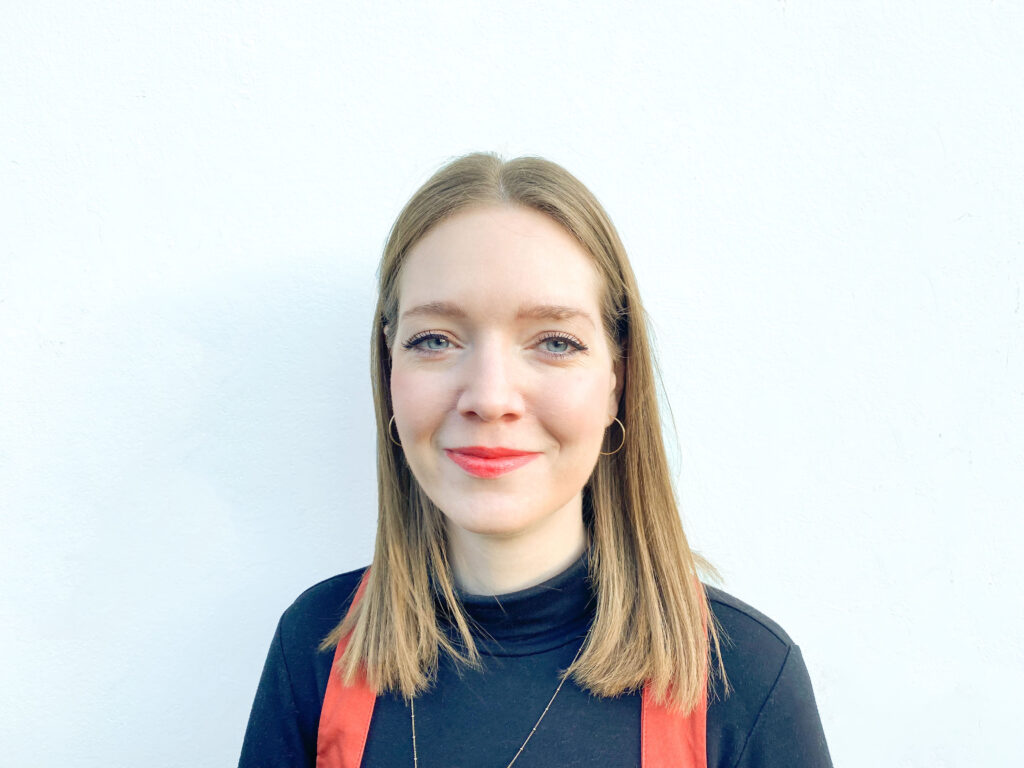
Sophie Gordon
Principal communications strategist, FrameWorks UK
What are you speaking about at the Communications Conference?
Along with Natalie Tate, I'll be sharing essential guidance and tips for how to communicate about the importance of decent and affordable homes for everyone. Our session will be drawing from FrameWorks UK's work in partnership with JRF and the Nationwide Foundation. We've researched how people think about homes in the UK and then tested different communications strategies for shifting understanding in helpful ways to support progress.
Can you briefly describe some of the biggest lessons you will be sharing at the conference and why it will be valuable for your peers to learn from?
I'd sum it up by saying that how we communicate is about more than the language we choose. Yes, that's part of what makes communications impactful, but we also need to be thinking about the ideas at the heart of our communications, and what those ideas are triggering. If anyone wants a look ahead, you can find our toolkit here: www.jrf.org.uk/report/framing-toolkit-how-talk-about-homes. We'll be focusing in on a couple of these communications principles, and can also answer any questions you may have about the toolkit and the project overall.
What are the communications challenges that you would like to hear discussed at the conference and why?
I'm really interested in how multiple organisations can come together to shift the narrative. And I hope we can play our part in supporting that!
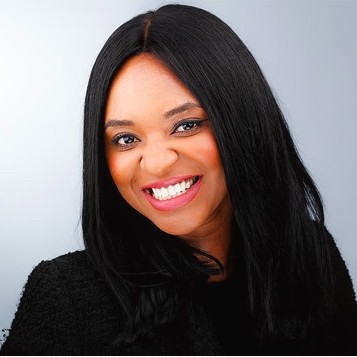
Violet Pugh
Digital marketing manager and chair of Rise Colleague Network, Metropolitan Thames Valley
What are you speaking about at the Communications Conference?
Addressing race inequity through inclusive communications exploring the actions that housing providers are undergoing to create anti-racist organisations. I’ll be sharing practical steps to achieve this.
Can you briefly describe some of the biggest lessons you will be sharing at the conference and why it will be valuable for your peers to learn from?
Educate yourself and your team: Take the time to educate yourself and your team about race, racism, and the experiences of marginalized communities. Understand the historical context and systemic issues that contribute to race inequity in housing. This knowledge will provide a foundation for more informed and empathetic communications.
Foster an inclusive and diverse work culture: Create a work environment that values diversity and inclusion. Encourage open dialogue, respect different perspectives, and actively seek out diverse voices within your organization. This will contribute to more inclusive communications and help cultivate an anti-racist organisation.
Listen actively to marginalised communities: Actively listen to the experiences, concerns, and needs of marginalised communities. Engage in dialogue, conduct surveys, and organise focus groups to gather insights directly from those affected by race inequity. Use this information to inform your communications and ensure they reflect the lived experiences of these communities.
Amplify marginalized voices: Use your platform to amplify the voices of marginalised communities. Share their stories, experiences, and perspectives through your internal and external communications. This will help combat the underrepresentation of marginalised groups and contribute to a more inclusive narrative
Avoid tokenism and virtue signalling: Be mindful of tokenism and performative actions that may undermine your efforts. Instead, focus on implementing genuine change within your organisation and in your communications. Authenticity and transparency are key to building trust and credibility.
Collaborate with community organisations and leaders: Partner with local community organisations and leaders who are actively working towards racial equity. By collaborating with them, you can tap into their expertise, gain valuable insights, and create more impactful communications that align with community needs.
Continuously evaluate and improve: Regularly assess your communications strategies to ensure they are inclusive, effective, and aligned with your organization's anti-racist goals. Seek feedback from both internal and external stakeholders and be open to making necessary adjustments and improvements.
What are the communications challenges that you would like to hear discussed at the conference and why?
Navigating social media and online platforms: In the digital age, social media and online platforms play a significant role in communication. However, these platforms also pose challenges in managing online discussions, addressing misinformation, and dealing with potential conflicts. Exploring strategies for effective communication on social media and online platforms while maintaining respectful dialogue and combating racism would be beneficial.
Overcoming resistance and backlash: Many organisations face resistance and backlash when addressing race inequity, particularly from individuals who may feel threatened by the changes or uncomfortable discussing sensitive topics. Exploring strategies to effectively communicate and navigate these challenges is crucial to ensure progress and maintain organisational buy-in.

Edward Thomas
Group head of marketing and communications, The Wrekin Housing Group
What are you speaking about at the Communications Conference?
I will be joining a panel to discuss implementing low cost, creative engagement tools. Reaching out to and engaging customers is critical to success in housing, a sector where we also have to watch the pennies so achieving high impact for low cost is also really important. I can’t wait to share a few of my own ideas with everyone, and also to learning from the other stellar panellists.
Can you briefly describe some of the biggest lessons you will be sharing at the conference and why it will be valuable for your peers to learn from?
For me the biggest thing I always start with is always making any communication or campaign as accessible as possible, put yourself in the customers shoes, is the message designed for as many people as possible to understand, if not, start again. This links to my second key lesson. In general, in communications, I think we need to back ourselves more. We’re the experts, we know how to craft the message, create the narrative and engage audiences so I think the biggest lesson I want to share is, as difficult as this sometimes, to talk up. Don’t just sit back and be the order taker, listen to the brief, the challenge the organisation is facing and then back yourself to come up with a creative solution.
What are the communications challenges that you would like to hear discussed at the conference and why?
With so much going on in housing I think its really easy to focus on the key subjects that are making the headlines. But. I would be really keen to step back and look at the bigger picture. What are the macro trends, where are things heading in terms of the platforms we use, how is media consumed, what are the expectations of customers and consumers of other services not just in housing. There is a key role for communicators to understand the big picture so we can advise appropriately when it comes to big topics in the here and now.

Stuart Thomson
Founder, CWE Communications
What are you speaking about at the Communications Conference?
I am taking part in what should be a great panel discussion considering the importance of communications a strategic function. I certainly have some views about how we, as communications professionals, can be taken seriously and heard by senior leadership teams.
Can you briefly describe some of the biggest lessons you will be sharing at the conference and why it will be valuable for your peers to learn from?
I will be highlighting some of the ways in which smaller teams can really deliver big and also focus on the critical role that reputation plays with audiences, not least political ones.
What are the communications challenges that you would like to hear discussed at the conference and why?
With a General Election approaching, we need recognize that housing, all its forms, will be central to the campaign. We need to be in a position to make the most of the opportunities that brings.

Jon Pendrill
Managing director, Maxmedia
What are you speaking about at the Communications Conference?
At the Communications Conference, I will be speaking about the Bolton Manbassadors, an award-winning grassroots campaign by Maxmedia and Bolton at Home to address the concerning rates of mental health issues and suicide among men in Bolton. We designed the campaign to reduce the stigma around men's mental health, encourage open conversations and provide practical support through a network of local businesses. The campaign exceeded targets by every appreciable metric and is a strong example of how housing associations can collaborate with creative agencies to drive positive change in local communities.
Can you briefly describe some of the biggest lessons you will be sharing at the conference and why it will be valuable for your peers to learn from?
One of the biggest lessons I'll be sharing at the conference is the power of simplicity and accessibility in creative campaigns. Bolton Manbassadors was successful because it was relatable, easy to digest and made use of existing community structures to deliver its message. The campaign showed that you don't need massive budgets to make a remarkable difference. By leveraging a deep understanding of the local community and fostering a highly creative approach, we were able to reach more individuals and connect them to the appropriate mental health channels.
What are the communications challenges that you would like to hear discussed at the conference and why?
I'm particularly interested in how communications can play a strategic role in addressing significant challenges in our sector. For instance, how communications can facilitate the transition to net zero, or how communications can encourage customer-centric service design. I would also be keen to learn about how communications teams are responding to the new tenant satisfaction measures and the Social Housing (Regulation) Bill and how we can double down on our commitment to co-production and resident voice.
Charlene Grant
Communications and fundraising manager, Sanctuary Mental Health Society
What are you speaking about at the Communications Conference?
I'll be participating alongside a panel of inspiring communications professionals where we'll be delving into the topic of campaigning for inclusion in housing. I'll be sharing insights from my experience in delivering mental health communications and emphasising the importance of inclusive messaging.
Can you briefly describe some of the biggest lessons you will be sharing at the conference and why it will be valuable for your peers to learn from?
One of the key lessons I'll be sharing is the power of language in communication - it has the ability to empower or harm. As communicators, we recognise that a one-size-fits-all approach won't be effective. Instead, it's important to reach the right audience at the right time, using appropriate channels and messaging that avoids stigmatisation.
By delivering our messages thoughtfully and with care, we can construct a more inclusive and empathetic society over time.
What are the communications challenges that you would like to hear discussed at the conference and why?
One of the challenges I would like to see discussed at the conference is how the housing sector can address the cost of living crisis for residents with vulnerabilities and complex needs. It's clear that many national services are reducing or ceasing their operations entirely, which poses a significant challenge to those who are already vulnerable.
I'd like to hear about the strategies that will be used to effectively communicate support, resources, and potential solutions.

Margaret Oscar
Internal communications specialist
What are you speaking about at the Communications Conference?
I’ll be touching on how to utilise your employees in order to manage your business reputation externally, to make the most of remote colleagues and how to listen to feedback beyond surveys.
Can you briefly describe some of the biggest lessons you will be sharing at the conference and why it will be valuable for your peers to learn from?
The biggest lesson I hope people will take away, is recognition that their employees are the most powerful communication channel they will ever have.
What are the communications challenges that you would like to hear discussed at the conference and why?
Leadership communications: I believe the weakest point in any organisation is the leadership communicators. Effective leadership starts with communication. But CEO's and senior leaders are rarely the best communicators.
Testimonials
Amanda Bhavnani, Eastlight Community Homes
Jade Ziola-Sammons, See Media
Lindsay Garfitt-Brown, PR and communications manager, WDH
Louisa Whitby, Riverside Housing
Mairead Bond, THCH
Miles Lanham, director, SW9
Polly Oliver, communications partner, Tai Tarian
Steve Williams, board member, Beyond Housing
EVENT INFORMATION
- September 2025
- London
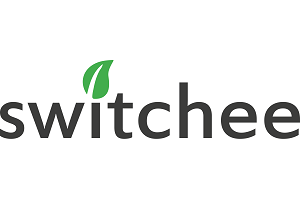
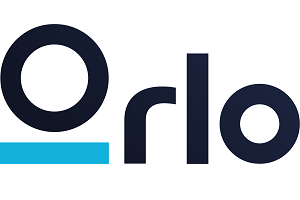

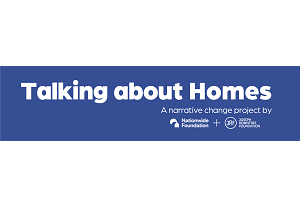
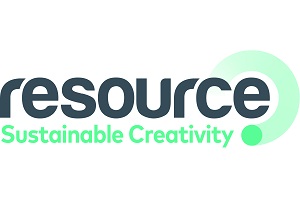



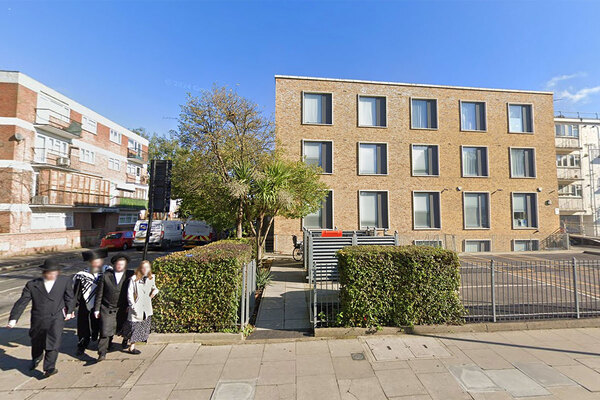
#housingcommunications